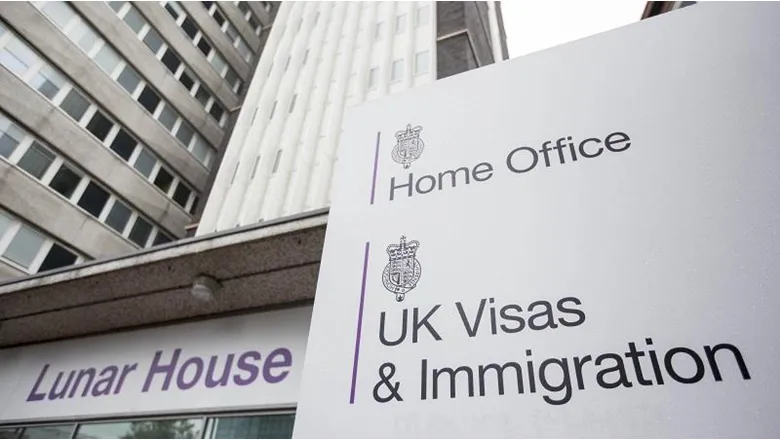21 October 2019
The Home Office is using citizenship as an administrative money-spinner
Joe Owen
JOE OWEN: The citizenship process needs a rethink

There are many different routes to UK citizenship. But whatever the route, you need two universal requirements – cash and patience.
The ability to endure – and afford – the process has become a determining factor of who eventually becomes a British citizen. The process appears to be designed to put as many people off as possible – citizenship granted grudgingly rather than encouraged to improve cohesion and integration.
It wasn’t always like that. Fees for applications have ballooned over the past 10 years all over the Home Office. For some routes it’s almost doubled, in others it’s gone up threefold and some fees have seen an increase of almost 500%. Is being a British citizen in 2019 worth that much more than it was in 2009?
It’s easy to point to fees as just another example of the “hostile environment” – the government trying to put people off coming or staying in the UK through exorbitant fees. And in some cases that might be true. But it doesn’t explain the changes to citizenship fees.
Applicants for citizenship almost certainly already have a secure status in the UK, such as indefinite leave to remain, permanent residence or, more recently, settled status. If someone has paid almost £2,500 for indefinite leave to remain, asking them for another £1,500 for citizenship won’t make them leave; rather it will make them less likely to become a citizen with its attendant rights such as voting. EU citizens, who once could move direct to apply for UK citizenship, have been forced to jump through the permanent residence hoop to be eligible.
Of course, UK citizenship has value to the applicant – but the Home Office’s real motive is revealed in its line that fees "reduce the burden on UK taxpayers … those who directly benefit from [the immigration and citizenship system] contribute to its funding". The drive towards higher fees then comes more from austerity and less from the "hostile environment". And it’s easy to see why when immigration services draw from the same budget as security and policing. So in the 2015 Spending Review, under pressure to further cut budgets, the Home Office found a way around the problem – making the immigration system self-funded. After all, increased immigration fees – some including a profit of 800% – would be better than further reducing services elsewhere. But using citizenship as a money-spinner and inevitably limiting its take-up makes it harder to use it as a tool for integration.
Fees are not the only barrier – the process is too. In 2009 the Home Office confirmed that the complexity of the rules "reduces the efficiency of decision-making process, resulting in an increased risk of delay or mistakes … and it contributes to a lack of public confidence". There was an attempt to simplify the processes, but this was quite swiftly aborted. Since then, the rule book has almost quadrupled in size and is now over 1,000 pages long. There have been more changes to immigration law and policy in the past nine years than in the previous 30 years combined.
This increase in red tape and form-filling, taken with the spiralling costs incurred, seem to suggest that the government’s policy for citizenship is to frame it as something to be given to as few people as possible for as much money as possible. So if the government wants to achieve wider policy objectives of integration and cohesion, the citizenship process needs a rethink.
Joe Owen is Brexit Programme Director at the Institute for Government.
